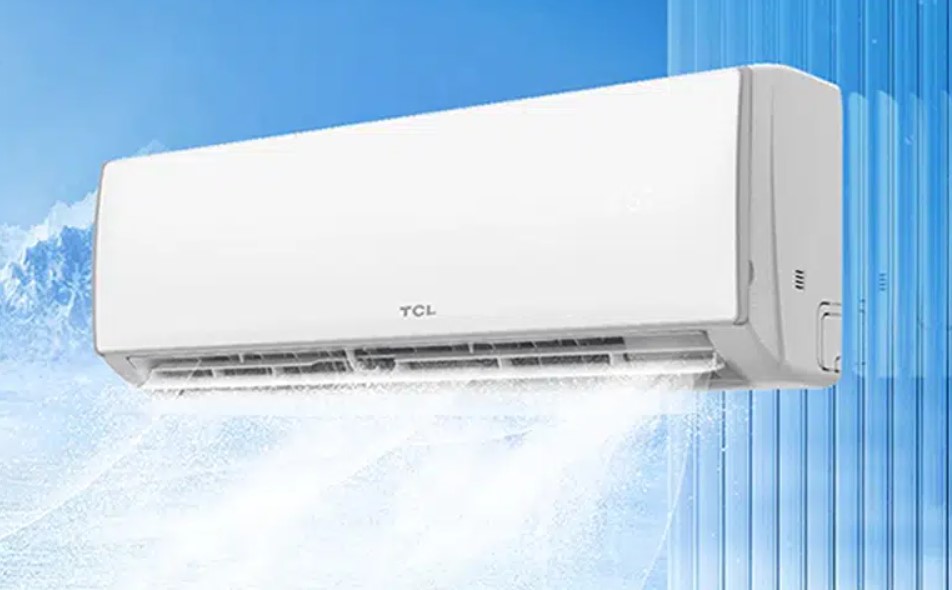Selecting the right air conditioner for your home or office can be a daunting task, with a myriad of options available in the market. However, understanding the key indicators can simplify this process, enabling you to make an informed decision that aligns with your cooling needs and preferences. From capacity and energy efficiency to special features and manufacturer details, each aspect plays a crucial role in determining the performance and suitability of the unit for your space. By delving into these indicators, you can confidently navigate the purchasing process and ensure that you invest in an air conditioner that provides optimal comfort and efficiency.
Indicators to Consider When Buying an Air Conditioner
Capacity
Determining the appropriate capacity of an air conditioner is essential for ensuring optimal cooling performance. Capacity is typically measured in British Thermal Units (BTUs) per hour, and it directly correlates with the size of the space the unit will be cooling. Choosing an air conditioner with the right capacity ensures that it can effectively cool the room without overworking the system or consuming excess energy.

Indoor Air Flow
Indoor air flow refers to the volume of air circulated within the room by the air conditioner. A unit with adequate air flow ensures consistent cooling throughout the space and helps maintain comfortable indoor temperatures. Proper air flow also helps distribute cooled air evenly, preventing hot spots and ensuring a more comfortable environment.
Indoor and Outdoor Noise Levels
Noise levels can significantly impact the comfort and usability of an air conditioner. When purchasing a unit, it's essential to consider both indoor and outdoor noise levels. Lower decibel ratings indicate quieter operation, which can be particularly important for bedrooms or other quiet spaces where noise levels can be disruptive.
Power Supply and Operating Voltage Range
Understanding the power supply requirements and operating voltage range of an air conditioner is crucial for compatibility with your home's electrical system. Ensuring that the unit matches your electrical specifications helps prevent potential damage to the appliance and maintains safe operation.
Cooling Seasonal Energy Consumption
Energy efficiency is a key consideration when buying an air conditioner, and the cooling seasonal energy consumption (CSEC) rating provides valuable insight into a unit's efficiency. Lower CSEC ratings indicate higher energy efficiency, resulting in lower energy bills and reduced environmental impact over time.
Compressor Type and Model
The compressor is the heart of an air conditioner, responsible for compressing refrigerant to facilitate the cooling process. Different compressor types, such as rotary, reciprocating, or scroll compressors, offer varying levels of efficiency and performance. Understanding the compressor type and model can help you gauge the unit's reliability and longevity.
Indoor Coil Specifications
The indoor coil, also known as the evaporator coil, plays a crucial role in cooling the air. Its size, material, and design impact the unit's efficiency and performance. Checking the indoor coil specifications ensures that it is compatible with the system and capable of effectively removing heat from the indoor air.
Special Features
Many air conditioners come with additional features designed to enhance comfort and convenience. These may include programmable thermostats, remote controls, air purifiers, or dehumidifiers. For example, the TCL XA91 AI Inverter Split AC enables you to enjoy 24/7 control through the TCL Home App for smart devices, allowing you to remotely operate functions via the app or control them with simple voice commands. You can find more information about tcl ac 1.5 ton on TCL's website.

Manufacturer Details
Lastly, considering the manufacturer's reputation and warranty coverage is essential for ensuring peace of mind and long-term satisfaction with your purchase. Researching the manufacturer's history, customer reviews, and warranty terms can provide valuable insights into the quality and reliability of the air conditioner.
Conclusion
Taking the time to understand the various indicators when buying an air conditioner is paramount. Whether it's assessing capacity for adequate cooling, scrutinizing energy efficiency for long-term savings, or considering special features for enhanced comfort, each aspect contributes to making the right choice. By incorporating these indicators into your decision-making process and conducting thorough research, you can confidently select an air conditioner that meets your needs while ensuring efficiency, comfort, and reliability for years to come.






Leave a Reply